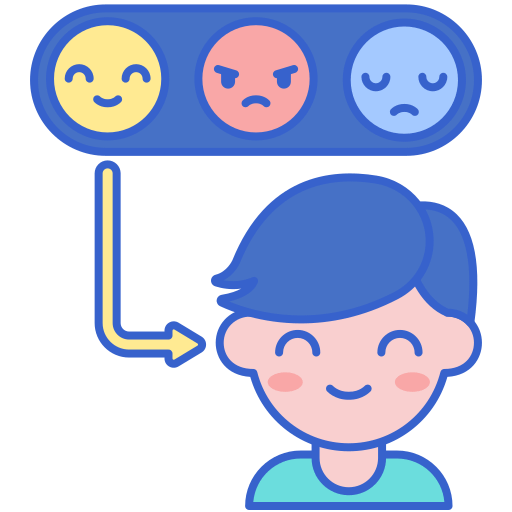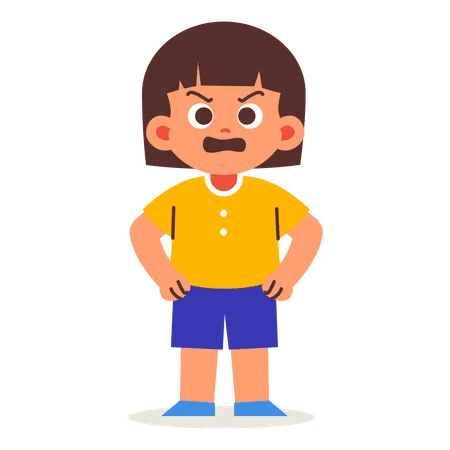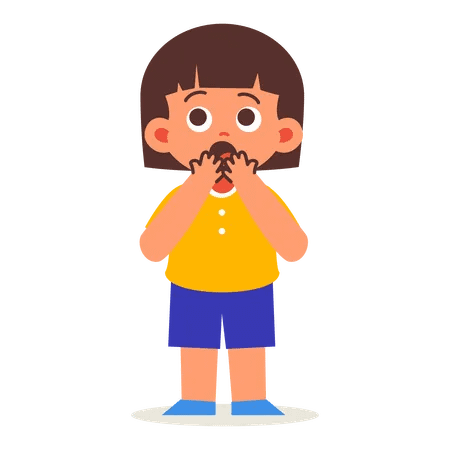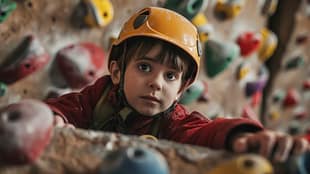
Temperament
Each of us is different in terms of innate qualities, and this is called temperament. Although there are complex classifications, we can simplify it into three categories for easier understanding:
- Emotional maturity
- Method of social interaction
- Way of reacting to things
When dealing with children, the first thing we need to understand is both our own temperament and the child’s temperament. Only then can we comprehend why the child does not behave as we expect or why they act in a certain way, and gain better insight into the child.
Temperament is an inherent part of a child. (This is referred to as an innate trait for ease of understanding.) It can be shaped but cannot be changed. For this reason, we must recognize that children are born different from one another. Therefore, it is unfair to compare them.
Children differ in three main areas:

Activity Level

High

Low

Emotionality

High

Low

Sociability

High

Low
Highly Responsive Children
The more responsive a child is, the more they express happiness in positive situations. However, they may dramatically express unhappiness if things do not go as planned. Parents should help such children learn how to respond calmly, for example, by using appropriate words to express both relaxed and angry emotions.
Highly responsive children are often physically active and may need more time to engage in outdoor activities. Parents can encourage these children by introducing new sports or activities. These children may also need help relaxing before bedtime, so relaxation techniques can be effective


Less Responsive Children
Less responsive children tend to handle situations more easily. However, they need to be taught to assert themselves and stand up for their own needs. Parents should help them behave more firmly when necessary. Encouraging such children to participate in family discussions or activities, like watching a family movie or engaging in conversations, can be beneficial.
Another characteristic of less responsive children is that they may have reduced physical activity. They might be more satisfied with activities like painting or crafts. Parents should encourage them to engage in physical activity, such as gardening or walking to school.
Children with High Self-Regulation Skills
These children respond maturely to emotions such as frustration or excitement. They are less likely to become overly excited or upset and can easily calm themselves. They also have the ability to control their attention and show patience in achieving goals. One of their key traits is the ability to stay focused until a task is completed without much supervision. However, these children may tend toward perfectionism, so they need to be taught that making mistakes is a normal part of life. They should be given opportunities to experience defeat and learn to handle it without distress.


Children with Difficulty Controlling Themselves
Children who struggle with self-control may find it hard to stay focused on one activity and tend to switch from one task to another. These children often exhibit high creativity. Parents should not reward them for switching tasks but rather encourage creative activities to help them focus and make learning enjoyable.
Children Who Prefer Social Interaction
These children enjoy participating in group activities and working with others. Parents do not need to organize activities for them, as these children learn by doing things on their own. They are typically easy to get along with and can adapt to changes in routine. Parents should encourage them to try new things while maintaining a strong, loving relationship between parent and child.


Children Who Prefer Less Social Interaction
Some children are content playing alone and can handle many tasks independently. However, they may have fewer friends, and parents may need to help them build friendships. These children might find it challenging to adapt to new situations and prefer routine. Therefore, parents should plan around their child’s routine but also help them manage transitions or changes in life.










































